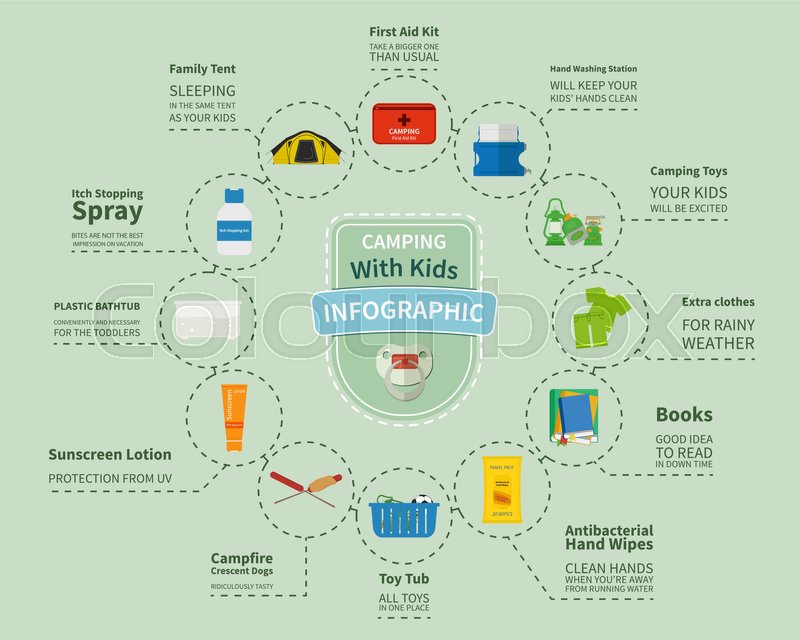A four-season outdoor tents is excellent for winter months hill camping or cool climates where snow and wind are a given. High-quality four-season outdoors tents supply remarkable insulation and weather resistance for protection in extreme conditions.
Reliable four-season camping tents use construction high quality more than raw R-values. Find out exactly how rigid foam, polystyrene, and other products keep these outdoors tents warmer and drier.
Fiberglass Insulation
Fiberglass insulation is a popular option for property owners and DIYers wanting to boost their home's power efficiency. Made from recycled glass and sand, fiberglass is non-combustible and does not call for added fire-retardant treatment for household usage.
It is usually a pink-tinted product that can be mounted in several types, consisting of attic rooms, crawl space joists, and cellar wall surfaces. It's readily available in blanket form, known as "batts," and is sold in bags including common pre-cut sizes and sizes. Faced or unfaced batts can be positioned in between joists, while an attic blanket of loose-fill fiberglass can cover a space's flooring to weaken audio transmission between floorings in two-story homes.
Fiberglass' protecting power is gauged by its R-Value, which suggests the product's capacity to resist warm flow. A higher R-Value implies better shielding ability. This R-Value depends on the climate area in which an individual lives; consult a regional structure supply firm to establish the particular R-Value that will certainly attain optimum results in your location.
Polystyrene Insulation
Along with being a terrific thermal insulator, polystyrene insulation can give shock absorption and dampness resistance. It is also light-weight and affordable, making it a preferred choice for household applications. However, there are some disadvantages to polystyrene insulation.
Among the main concerns is that it tends to take in water, which can endanger its protecting properties. Enhanced polystyrene insulation has a water vapor permeance of concerning 2-4%, which is higher than a lot of other kinds of insulation.
An additional concern is that polystyrene can melt when subjected to fire. This can create harmful liquified insulation that might leak and spread fire throughout the framework. To avoid this issue, you need to use a fire-resistant polyiso board rather than increasing foam. Fabco Thermal Insulation Factory uses polyiso insulation remedies that meet the requirements of modern-day household construction. This insulation stops warmth loss with foundations and enhances home power performance. It is also resistant to wetness and has a high R-value per inch.
Styrofoam Insulation
Styrofoam insulation is light-weight and shielding, maintaining your camper cozy in harsh weather. It is likewise moisture resistant, indicating it won't warp or deteriorate when exposed to damp conditions.
Lots of people utilize the term "styrofoam" to describe a selection of white foam product packaging and non reusable mugs, but true styrofoam is closed-cell extruded polystyrene foam that is trademarked as Styrofoam brand XPS insulation. These rigid foam boards are usually blue or pink and have an unique look.
This insulation is a preferred option in structure and delivery as a result of its shock-absorbing properties. It is also a favorite for packaging food and beverages due to its capacity to retain warmth. In addition, styrofoam is highly economical, making it a terrific option for manufacturers and consumers alike. Because its innovation in 1941, styrofoam has developed a credibility as an innovative building item. In 2019, DuPont started reformulating Styrofoam to supply a low-global warming possibility (GWP) formula symbolized by a grey color.
Rigid Foam Insulation
Stiff foam insulation is an innovative structure product that provides a series of major advantages. It seals voids, air leaks and maintains indoor temperature level to lower fashion accessory power waste and reduced utility expenses. It likewise prevents ice damming around structures and can help reduce condensation, mold and mildew that might trigger damage to wall surfaces.
Foam insulation can be conveniently cut with a saw and sliced and snapped like drywall, making it simple to set up around blockages such as cables, junction boxes and supporting. Unlike fiberglass, stiff foam insulation is untouched by wetness and does not transform dimensions or soak up water.
Foam insulation is fire-rated and does not have formaldehyde or various other ingredients that can negatively impact human health and wellness. The chemistry of stiff foam insulation likewise makes it much more ecologically sustainable, with high R-values saving over 40 BTUs of power for each BTU utilized to make the item. This dramatically exceeds the power conserved by fiberglass insulation which sheds approximately 80% of its efficiency gradually.
